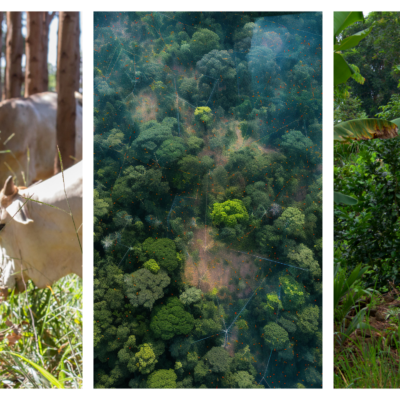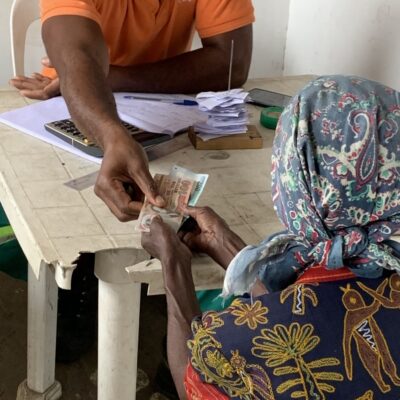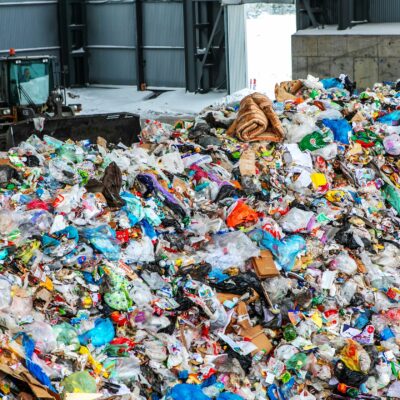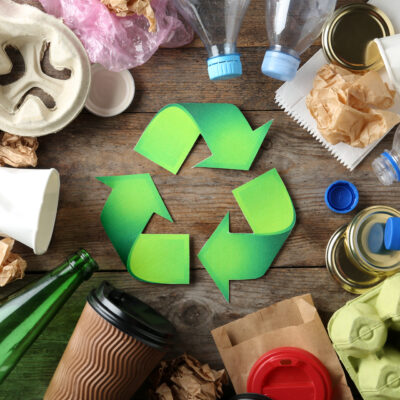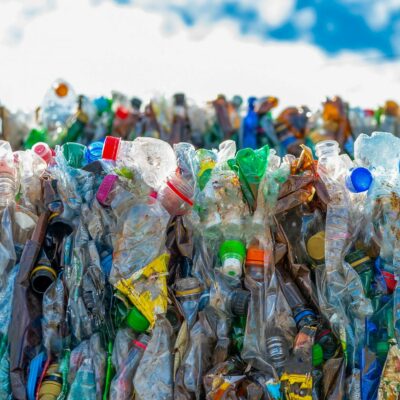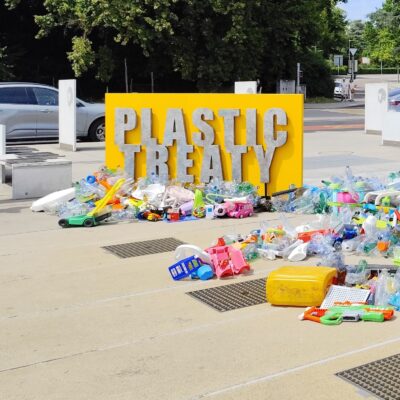
Reflections on INC 5.2 Talks: A Step Forward in Global Plastics Regulation
Since 2022, BVRio has been following the negotiation process inside the UN to develop an international legally binding instrument on plastic pollution, including in the marine environment – a Global Plastic Treaty. In August in Geneva we participated in the INC 5.2 (the second part of the fifth meeting of the Intergovernmental Negotiating Committee), which […]
Read more...
